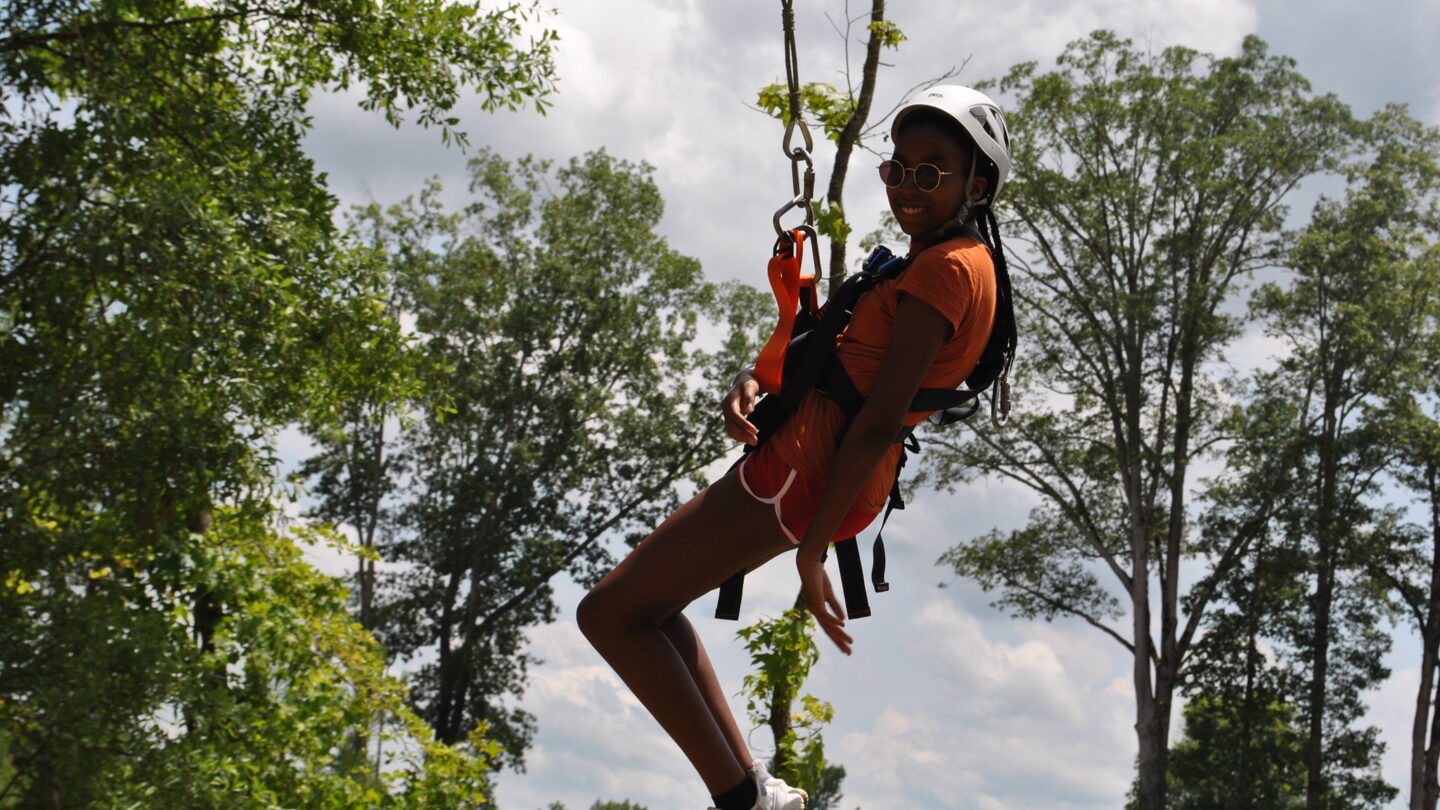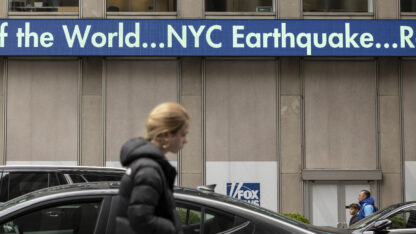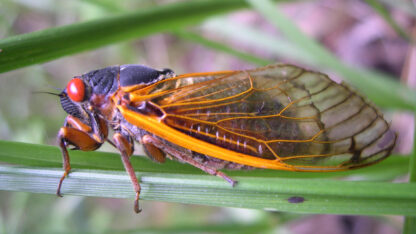When Anna Steers first arrived at Camp You Be You in 2021, she immediately felt at home.
Steers has been a veteran of summer camp and outdoor activities since she was a child, and she has a rich history of working with autistic children.
As an employee of Children’s Healthcare of Atlanta’s Marcus Autism Center, she was offered the opportunity to volunteer with Camp You Be You. What was only supposed to be a week of giving back soon transitioned into a new career path.
Steers has been a camp director for over two years. She and her team ensure that everything is ready and waiting for the roughly 60 campers who will arrive at the camp’s Rutledge location site in June.
In partnership with Camp Twin Lakes, a nonprofit that provides year-long camp experiences to children with disabilities, Camp You Be You offers autistic children and teenagers ages 8 to 18 the opportunity to engage in a traditional summer camp experience.
“I can’t tell you the amount of families that email me the week after camp just saying that they finally felt heard, they finally felt seen.”
Anna Steers, camp director at Camp You Be You
For one week every summer, the facility offers sports like archery, tennis and swimming, as well as accommodations for campers with sensory issues and behavioral health resources.
“In the dining hall, we don’t have loud music playing because we know many kids can be sensitive to that,” she said. “For kids who have issues with touch, [for example] if they don’t want to make slime, we don’t make them.”
She notes that each camper is different and that autism does not look the same for any one child — or even adults.
“Every kid, every camper with autism is going to be different, and to not assume that just because one child has a sensitivity towards something means that another child will have that same sensitivity.”
The camp maintains a 1 to 5 staff-to-camper ratio, with the former trained in working with children on the spectrum. Steers says she and her team make certain that the staff can keep their itinerary as organized and structured as possible for the benefit of their campers.
The coordinator also notes that visual props and images help ensure that campers succeed in completing daily tasks, whether they are physical activities or changing clothes and brushing their teeth.
The goal is to have fun while also ensuring that everyone feels safe and comfortable. Responses from campers and families show that the camp is succeeding in its mission.
“So many families have told me that their child just gained independence and gained confidence and finally feel like they have a community or made a friendship that’s really meaningful,” she said. “[Regular camp activities], our campers can do it. Not only can they do it, they thrive doing it.”
The camp offers a leader-in-training program, where returning campers 15 to 18 can act as role models and assistants to younger campers. Steers says the positions are a testament to the growth of some of the campers she’s worked with for the past two years.
“The coolest and most rewarding aspect of that is just seeing kids as they grow … [seeing them] turning into leaders and seeing those leaders turn into counselors,” she said. “It’s so rewarding and really fun to watch.”
While this year’s camp session has already been filled, Steers and her team are excited about the camp’s future and how it can continue to impact the lives of its campers.
“I had one camper tell her mom, ‘I finally feel like I found my people,'” she said. “I can’t tell you the amount of families that email me the week after camp just saying that they finally felt heard, they finally felt seen.
“I always like to say when people say disabilities, ‘I like to say abilities.’ Everyone, no matter their ability level, brings different gifts on what they can bring to the world.”









